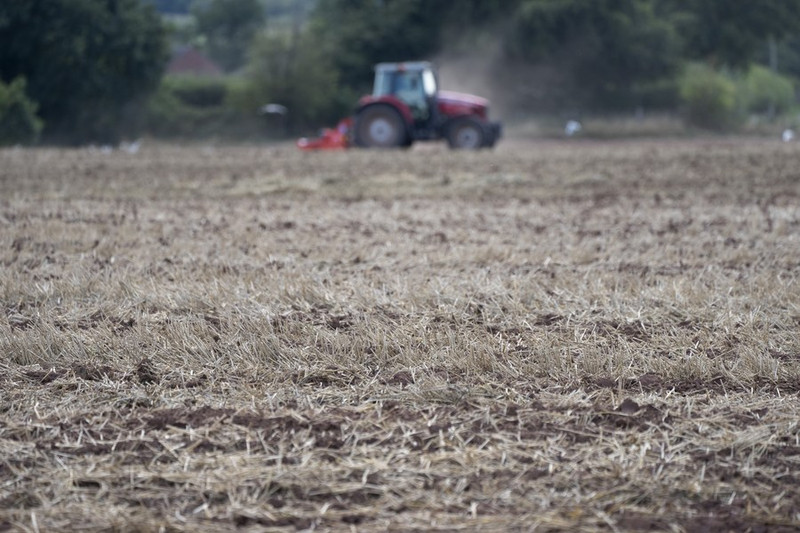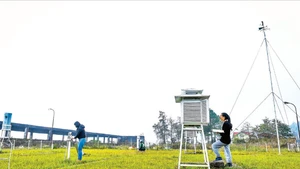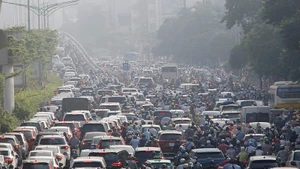Russia's Siberia, one of the coldest inhabited places on Earth, has become one of the fastest-warming regions on the planet. In early June, Siberia suffered the most severe heat wave in history, with temperatures reaching nearly 40 degrees Celsius.
CNN quoted climatologist Maximiliano Herrera as saying that the situation will worsen and the heat record could continue to be broken if climate change is not handled in time.
The start of June saw global surface air temperatures rise 1.5 degrees Celsius above pre-industrial levels, for the first time. That is the threshold which governments said they would try to stay within, at a 2015 summit in Paris.
The Copernicus Climate Change Service
Meanwhile, the Copernicus Climate Change Service, which is a European Union's Earth Observation Programme, emphasised that intense heat waves in Siberia have negatively impacted nature and people's lives.
According to Copernicus, the start of June saw global surface air temperatures rise 1.5 degrees Celsius above pre-industrial levels, for the first time. That is the threshold which governments said they would try to stay within, at a 2015 summit in Paris.
“Just because we’ve temporarily gone over 1.5 degrees doesn’t mean we’ve breached the Paris Agreement limit,” cautioned Samantha Burgess, deputy director of the Copernicus programme. For that to happen the globe needs to exceed that threshold for a much longer period, such as a couple of decades.
However, this also shows a worrying fact that the health of our planet is increasingly under serious threat.
Scientists warn that these alarming records are only the beginning of a period of rapid warming of the Earth. The World Meteorological Organisation (WMO) has warned that global temperatures are likely to surge to record levels over the next five years.
According to WMO forecasts, there is a 98% likelihood that at least one of the next five years, and the five-year period as a whole, will be the warmest on record. Meanwhile, the return of El Nino will increase global temperatures.
Samantha Burgess said that the expectation is that 2024 will be even warmer than 2023, as this El Niño continues to develop.
According to the European Environment Agency (EEA), global warming is projected to bring a “new normal” to Europe. Deadly heatwaves are anticipated to become even more frequent, longer and more intense in Southern Europe, while severe flooding is forecast in North-Western and Central Europe, leading to the further spread of disease-carrying species.
The World Health Organisation (WHO) warned that rising temperatures will cause more diseases and deaths.
In addition, the world's stockpiles of rice are forecast to drop 5% to 173.5 million tons this season, according to the US Department of Agriculture. The weather pattern usually brings hotter and drier conditions to Asia, which produces and consumes 90% of the global rice supply. Thailand, the world’s second-biggest exporter, has already asked farmers to reduce their planting because of lower rainfall.
The records for temperature rise are a warning, as well as motivation for the world to accelerate efforts to protect the Earth. United Nations Secretary-General Antonio Guterres has called for an accelerated agenda to avert climate “catastrophe” by phasing out fossil fuels while making bolder investments in renewable energy.
















